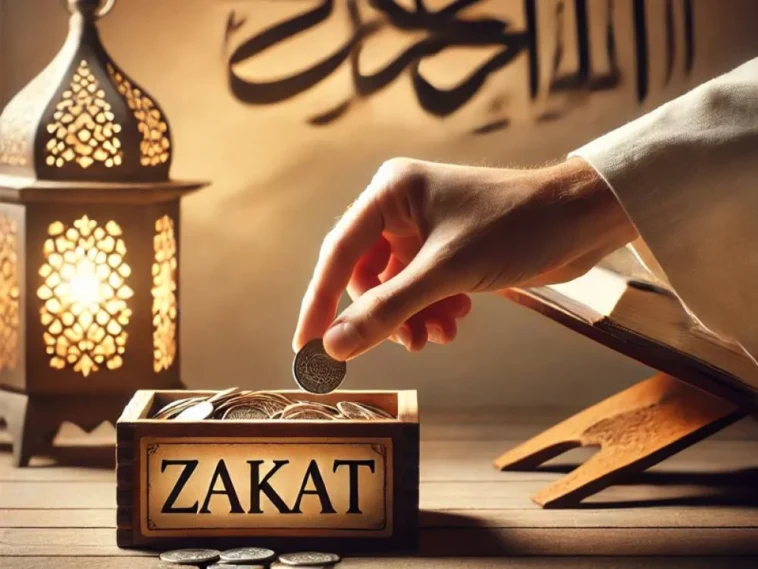Zakat, made obligatory in the second year of Hijra in Madinah, is frequently mentioned in the Qur’an alongside prayer (Salah) (e.g., Al-Baqarah 2:43, 110; Al-Hajj 22:78; An-Nur 24:56). The Prophet Muhammad (peace be upon him) also emphasized that Zakat is one of the fundamental acts of worship in Islam (Bukhari, Zakat, 1 [1395-1398]; Muslim, Iman, 31 [19]). As a financial act of worship, Zakat carries profound wisdom and benefits for both individuals and society.
A Lifeline for the Needy
Primarily, Zakat plays a crucial role in addressing the needs of the underprivileged. It ensures the fulfillment of their basic necessities and fosters social harmony and solidarity. By bridging the gap between the wealthy and the poor, Zakat builds bonds of trust and compassion. The Prophet Muhammad (peace be upon him) aptly described Zakat as “the bridge of Islam” (Tabarani, Mu’jam Al-Awsat, 8/380 [8937]), highlighting its role in strengthening societal ties. Through Zakat, people come together, fostering an environment of mutual respect and peace.
Purification of Wealth and Soul
Zakat purifies the giver’s wealth and soul, as stated in the Qur’an: “Take from their wealth a charity by which you purify them and cause them to grow…” (At-Tawbah 9:103). Another verse affirms, “If you establish prayer and give Zakat and believe in My messengers and support them and loan Allah a goodly loan, I will surely remove from you your misdeeds and admit you to gardens beneath which rivers flow…” (Al-Ma’idah 5:12). Moreover, Zakat opens the door to Allah’s mercy (Al-A’raf 7:156).
Curbing Greed and Cultivating Generosity
By giving Zakat, individuals resist the lure of materialism and develop a deep sense of servitude to Allah. It helps diminish excessive attachment to wealth and combats stinginess. The Prophet Muhammad (peace be upon him) warned, “If the son of Adam had two valleys full of wealth, he would desire a third, and nothing will fill his mouth except dust” (Bukhari, Riqaq, 10 [6436]; Muslim, Zakat, 116 [1048], 119 [1050]). Zakat reminds us that all wealth ultimately belongs to Allah, fostering humility and a sense of responsibility.
Nurturing Compassion and Empathy
Zakat cultivates compassion and kindness in the giver’s heart. To a companion troubled by a hardened heart, the Prophet Muhammad (peace be upon him) advised, “Feed the poor and pat the head of the orphan” (Bayhaqi, Shu’ab Al-Iman, 7/472 [11034]). Such acts of charity soften the heart and enhance emotional well-being.
A Right, Not Just Charity
Zakat is both a duty for the giver and a right for the recipient. The Qur’an describes a portion of the wealth of believers as being reserved for the needy, whether they ask for it or not (Az-Zariyat 51:19; Al-Ma’arij 70:24-25). This underscores the interconnectedness of individuals within a society and the collective responsibility for wealth distribution.
Promoting Economic Justice and Stability
Zakat prevents the accumulation of wealth in the hands of a few and contributes to the equitable distribution of resources. By redistributing wealth, it promotes social justice and extends prosperity to broader segments of society. Furthermore, Zakat offers an alternative to exploitative financial practices like interest-based loans, enabling individuals to meet their needs without falling into debt.

